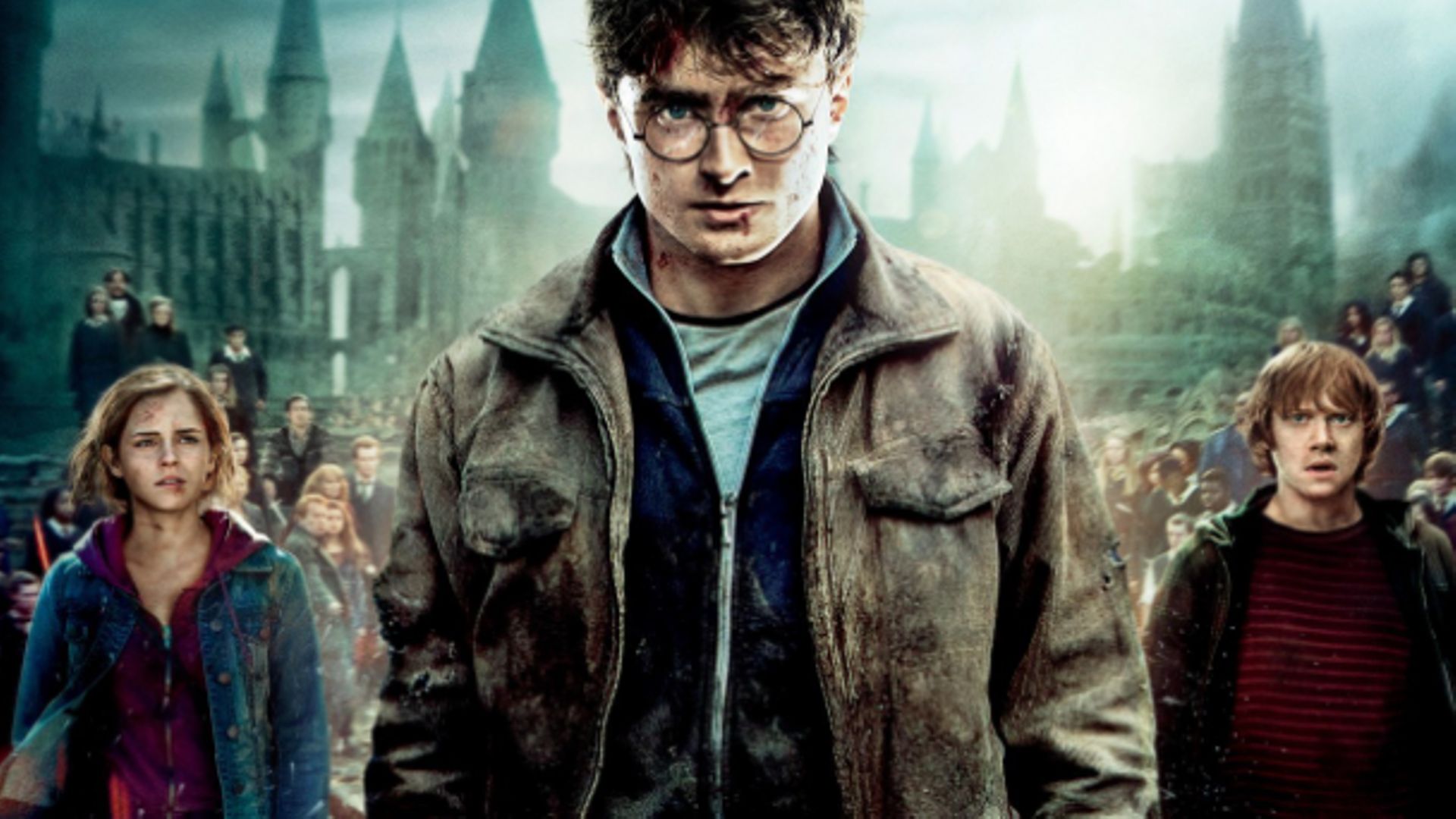David Zaslav, CEO of Warner Bros. Discovery, presented the company’s financial results and future business strategy on Thursday. He wants to bet on certain values: very popular franchises which the group holds as The Lord of the Rings, the superheroes of the DC Comics universe, or the famous wizard Harry Potter. Recalling that there hadn’t been any Superman or Harry Potter movies for ten years, he explained: “These DC and Harry Potter blockbusters have made a lot of money for the studio over the past 25 years. We will focus on the big movies, the giants.“
If Henry Cavill officially returns to the Superman costume, can we hope to see Harry Potter on the big screen? Why not, as long as you include the author of the saga, warns David Zaslav: “We’ll see if we can do something with JK Rowling to keep Harry Potter going“.
No reference was made to “Fantastic Beasts”. The project could be interrupted before the five parts initially planned, the success did not live up to expectations.
In what form could Harry Potter see the light of day in the cinema? Adapting the room “Harry Potter and the Curse of the Child“ released in 2016? If the idea interests you Chris ColomboDirector of “Harry Potter at the school of magicians “ et “Harry Potter and the Chamber of Secrets“, does not seem to charm the lead actor of the Harry Potter films, Daniel Radcliffe. The latter is no longer seen wearing a witch’s cloak and goggles as he confided a few months ago to New York Times : “It’s not something that really interests me right now.”
HBO MaxWarner Bros. Discovery’s video streaming service, also sees its strategy redesigned (and some of its employees fired …) Some feature films made for television have been canceled: “We have learned that it doesn’t work. The films we show in theaters have a better launch than a 2 hour and 40 minute movie directly for streaming. ” The platform will focus on the biggest hits. The merger between HBO Max and Discovery + will happen sooner than expected (although the service is not expected to be available in Europe until 2024).


